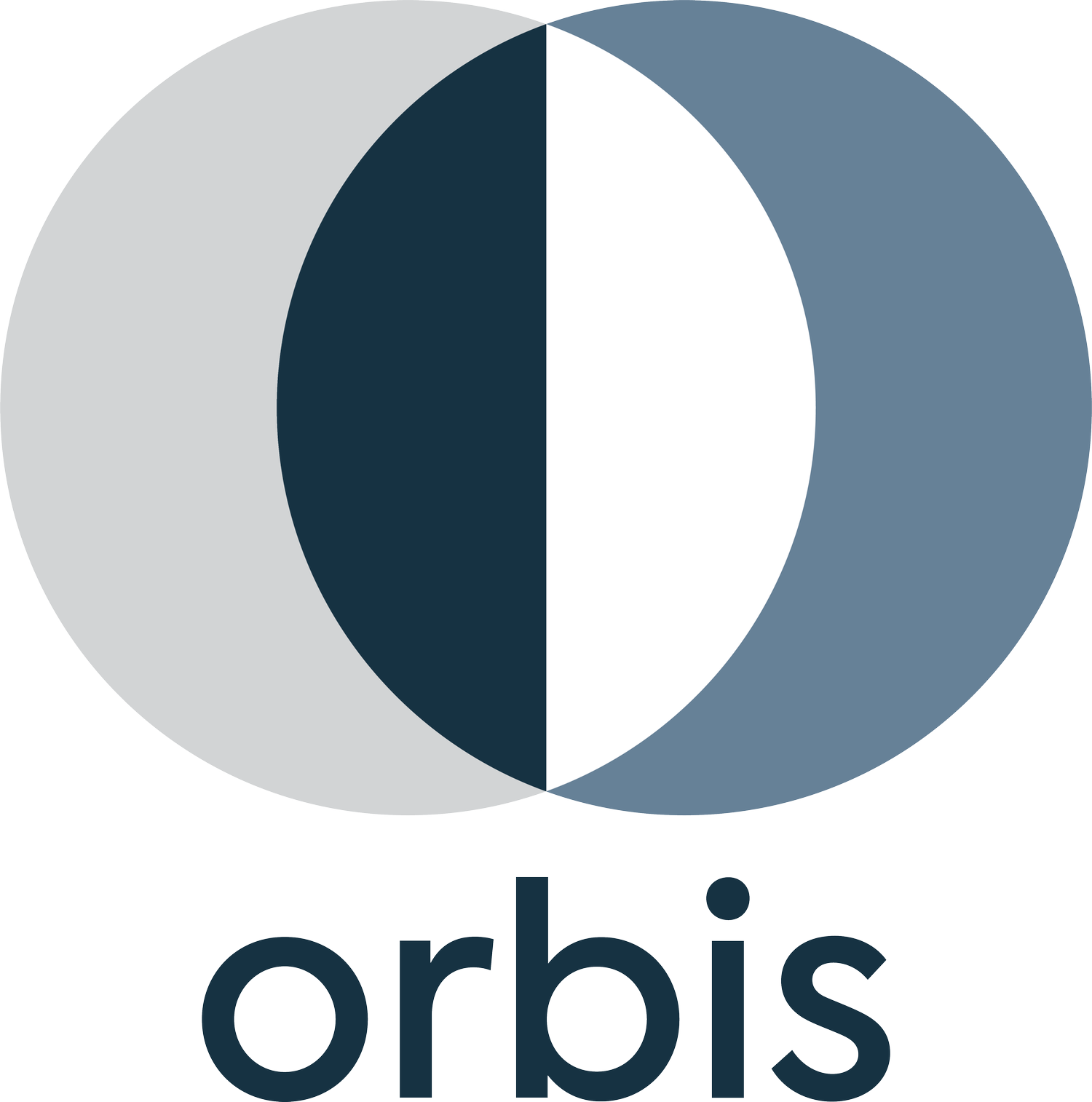Streamlined Energy & Carbon Reporting (SECR)
Are you ready for SECR
In 2010 the UK government introduced the Carbon Reduction Commitment (CRC) scheme, followed by the Mandatory Carbon Reporting requirements in 2013, and the Energy Savings and Opportunities Scheme (ESOS) in 2014. The next decade is fundamental for climate change mitigation, which requires a strategy of accelerated emission-reduction, decreased resource-use, and system-wide decarbonisation.
As part of their strategy, the UK has targeted energy efficiency improvements of 20% by 2030, promoted via a new legislative instrument called Streamlined Energy and Carbon Reporting (SECR). Replacing CRC and building on the energy savings focus of ESOS, SECR is a simplification of older carbon reporting standards that requires disclosure of emission-related information from most of the UK’s biggest companies.
Who needs to submit a report
All quoted UK companies;
'Large' UK-registered unquoted companies (which meet the criteria of at least 250 employees, an annual turnover greater than £35m or a balance sheet total greater than £18m);
'Large' LLPs.
Your company will be excluded if you are registered outside of the UK, or if you are a low energy-user with total annual energy consumption under the threshold of 40MWh. The UK government estimates that the pool of companies required to report on emissions will increase from 4,000 under CRC, to 11,900 under SECR.
What do you submit
SECR is a retrospective initiative, requiring companies to report on emissions in their previous financial year and the strategies implemented to mitigate them. As a basic framework, your company must disclose:
· Scope 1 emissions: those from direct energy-use in company facilities e.g. fuel consumption in company vehicles or on-site gas use;
Scope 2 emissions: those from purchased electricity;
An intensity metric: e.g. energy used per square metre of office space (kWh/m2);
Calculation methods;
Energy efficiency actions undertaken.
This information must be transparent in your annual report submitted to Companies House, either in the director's section or equivalent. LLPs must provide their results in an annual energy and carbon report submitted to BEIS. You can voluntarily offer estimates of your scope 3 emissions, those associated with employee commuting, business travel, purchased goods, etc., as a measure of good practice, should you wish.
Figure 1 : Business activities that produce emissions categorised as either Scope 1, 2 or 3. Source: GHG Protocol.
When do you submit
You must report in line with your own financial year. For companies with a traditional financial year of April to March this means submitting by April 2020.
How we can help
Orbis Advisory work across a broad range of sectors to develop and support ESG strategies to meet investor demands, prepare for upcoming legislative changes, and create tangible benefits both now and in the future. Please see our website to explore our full range of services, or send an email to info@orbisadvisory.com for any inquiries.


